78 F. high temperature in the Twin Cities Saturday.
67 F. average high on September 26.
82 F. high on September 26, 2014.
September 27, 1942: The max temperature was 40 degrees Fahrenheit in Minneapolis.
September 27, 1898: Heat wave with 91 degrees at Beardsley and 90 at Moorhead.
Sweaty Vikings"Super Blood Moon"
TonightWhat
month is this again? I'm enjoying a super-sized August as much as the
next guy; relieved it's not snowing. Bad weather is good for business
(sad but true) but I'm just fine with this lack of weather-drama.
Expect
low 80s this afternoon (15F warmer than average) with a stiff south
wind and a few whitecaps on your favorite lake. Amazingly nice for late
September. A few showers may sprout
tomorrow
along the leading edge of Canadian air; midweek temperatures dipping
into the 60s before mellowing near 70F by late week - comfortable
sunshine next weekend as the brunt of rain stays south of Minnesota.
Within
a week it'll be cold enough for snow showers over New England and the
Pacific Northwest, but nothing close to home as we limp into October.
Meanwhile you'll want to check out
tonight's
"super blood moon". A full moon will plunge into Earth's shadow,
resulting in a total lunar eclipse lasting about an hour. An
orange/reddish-looking moon may result during "totality", from roughly
8-10 PM.
Check out the free show if you can because this won't happen again until 2033.
* Photo credit
here.
Sunday Night's "Super Blood Moon". It may be a spectacular lunar eclipse, if the weather cooperates, the last one of these until 2013. here's an excerpt from
Discover: "...
Every
object in the solar system casts a shadow. Large objects, like Earth,
create big shadows that can engulf entire worlds, even if those worlds
loom bigger than normal. On the night of September 27/28, the Full Moon
plunges through Earth’s shadow for the second time this year, and this
time, it’s the biggest Full Moon of 2015. The resulting total lunar
eclipse lasts more than an hour and occurs during the evening across the
Americas..."
Photo credit above: "
Earth’s shadow
will cover the Moon in shades of orange and red the evening of September
27, just as it did during this August 1989 eclipse." Credit: Bill and Sally Fletcher.
Cooling Trend.
After peaking above 80F this afternoon Canadian air will (finally) push
south. Nothing too chilly, but closer to average this week with highs
mostly in the 60s. The brunt of any chilly air will push toward New
England; Minnesota sees a glancing blow. Source: NOAA and AerisWeather.
Minor Correction.
The models are all in pretty good alignment, showing low 80s by mid
afternoon, followed by a cooling trend this week. No frost in sight -
not yet. Source: Aeris Enterprise.
Soaking Rains South and East.
NOAA's 84-hour NAM guidance shows a risk of flash flooding from
Pensacola to the Carolinas and the Appalachian foothills of Virginia,
where some 4-5" rainfall amounts are possible by Wednesday morning.
It's Time.
Just for laughs and giggles I thought I'd throw in the 240-hour
accumulated snowfall map; expected snow accumulations between now and
midday Tuesday, October 6. A little slush for Montana, but most of the
snow falling well north of the U.S. border. Source: AerisWeather.
The Ultimate Cold and Flu Survival Guide.
CNN has some timely tips on steps you can take to lower your risk of a nasty bug this winter; here's a snippet: "
Each
year, the typical adult can expect to contract two or three colds,
according to the Centers for Disease Control and Prevention. Skip the
annual flu vaccine and you set yourself up for a bout of that as well.
But it doesn't have to be this way! Aside from good hand washing (with
soap, for at least 20 seconds), "there's a lot you can do to drastically
cut your risk of getting sick," says Holly Phillips, MD, a general
internist in New York City. "And even if you do catch a bug, you may be
able to cut short the duration of your illness." Arm yourself with these
tips from the experts, and make this cold and flu season your
healthiest yet..."
Breathing By The Numbers: Real-Time Global Air Pollution Data. Here's an excerpt of a story at
onEarth: "...
Last
week, a staggering environmental health statistic emerged: Air
pollution is responsible for about 3.3 million premature deaths every
year, more than HIV/AIDS and malaria combined. The authors of the study noted that quantifying pollution’s toll has been difficult due to a lack of data. But the World Air Quality Index,
a new interactive map that broadcasts air-quality measurements from
around the globe in real time, is helping us see where in the world we
need to clear the air. Based in Beijing, the project works with
international environmental agencies to glean information from more
than 8,000 government monitoring stations across 1,000 cities..."
I Survived the Deadliest Day in Everest's History, and I'm Still Surviving It. Here's an excerpt of a harrowing first-person account of a very bad day on Mt. Everest at
Quartz: "...
It
wasn’t the kind of avalanche I’d seen footage of in documentaries, a
billowy white plume traveling down a mountain’s face. This looked more
like a tsunami—the unrealistic kind of tsunami you see only in Hollywood
movies. It looked as if it was rising from the ridge and would barely
touch the actual slopes of Pumori, instead hurtling through the air to a
farther destination: us. Then Fhinju and Suber started running. I took
one last glance at the apocalyptic cloud and turned on my heels to run
with them. We didn’t get far. I myself hadn’t taken two steps when I
tripped and fell flat on my face...."
What Happens Next Will Amaze You.
And possibly horrify you as well. Privacy on the Internet, being
tracked by advertisers, worshipping a tech-elite while poverty and
homelessness runs rampant. Check out a transcript of a
recent presentation by Maciej Ceglowski at a tech conference in Copenhagen, Denmark; here's an excerpt: "...
Today
we live in a Blade Runner world, with ad robots posing as people, and
Deckard-like figures trying to expose them by digging ever deeper into
our browsers, implementing Voight-Kampff machines in Javascript to
decide who is human. We're the ones caught in the middle. The ad
networks' name for this robotic deception is 'ad fraud' or 'click
fraud'. (Advertisers like to use moralizing language when their money
starts to flow in the wrong direction. Tricking people into watching ads
is good; being tricked into showing ads to automated traffic is evil.)..."
Always Wear Your Seatbelt In a Tornado.
I have no idea where this was shot (Thailand?) but it's a subtle, yet
blunt, reminder that your seatbelt should be on at all times. I think
the person who got sucked out of the vehicle is OK, but I have no other
details. The video clip is quite remarkable, like nothing I've ever seen
before. Almost like it's CG from a Hollywood movie, but this
YouTube clip was real.
TODAY: Warm sun, windy and August-like. High: 82
SUNDAY NIGHT: Total lunar eclipse. Partly cloudy skies. Low: 63
MONDAY: Cloudier, passing shower possible. Winds: N 10-15. High: 71
TUESDAY: Cool comfortable sunshine. Wake-up: 50. High: 67
WEDNESDAY: More clouds, showers north? Wake-up: 52. High: 65
THURSDAY: Few showers around town. Wake-up: 56. High: 68
FRIDAY: Mix of clouds and sun. Wake-up: 54. High: 69
SATURDAY: Partly sunny skies. Winds: NE 5-10. Wake-up: 53. High: 70
Climate Stories....Because Weather & Climate are Flip-Sides of the Same Coin:
Microsoft Leads Movement to Offset Emissions With Internal Carbon Tax. Forward-thinking companies are already ahead of the curve; here's an excerpt from
The New York Times: "
When Microsoft
business unit managers calculate their profits or losses each quarter,
they consider more than just sales and expenses. They also factor in the
price of carbon. Even more radically, the business units are charged an
internal tax by Microsoft based on their energy usage. The money goes
into a common fund that invests in environmental sustainability
projects. The company’s program is at the forefront of a fast-growing
effort called carbon pricing..."
Photo credit: "
Tamara DiCaprio, senior director of environmental sustainability at Microsoft, with solar panels in French Polynesia."
France Grapples With Future of the Alps: How To Ski or Climb Mountains in a Warming World. Here's a clip from an article at Star Tribune: "...Researchers
say the Sea of Ice is only the most accessible example of a problem the
entire Alpine region is facing as warming mountainsides become more
unstable and snowfall more inconsistent, threatening jobs and lives in a
region heavily dependent on adventure tourism. Scientists have drilled
the Mont Blanc region with sensor-equipped boreholes in recent years,
hoping that measuring temperatures in the permafrost will give a sense
of how quickly the problem is accelerating and which areas are most in
peril..."
Photo courtesy of
Bloomberg, which has even more perspective on the rapid melting underway in the Alps.
Researchers Reveal When Global Warming First Appeared. Here's an excerpt of an interesting story at
reportingclimatescience.com: "...
Remarkably
our research shows that you could already see clear signs of global
warming in the tropics by the 1960s but in parts of Australia, South
East Asia and Africa it was visible as early as the 1940s.” The reason
the first changes in average temperature and temperature extremes
appeared in the tropics was because those regions generally experienced a
much narrower range of temperatures. This meant smaller shifts in the
temperature record due to global warming were more easily seen. The
first signal to appear in the tropics was the change in average
temperatures. Later extreme temperature events showed a global warming
signal..."
Map credit above: "
Median time of
anthropogenic emergence and zonally averaged signal and noise for
climate means and extremes. Maps of median TAE averaged across 23 model
simulations for (a) and (b) mean surface air temperature, (c) and (d)
highest daily maximum temperature, (e) and (f) lowest daily minimum
temperature, (g) and (h) total precipitation, and (i), (j) maximum 1-d
precipitation for (a), (c), (e), (g) and (i) June–August and (b), (d),
(f), (h) and (j) December–February. Zonally averaged values of signal
(red) and noise (black) are shown where signal is the mean difference in
the variable between 1989–2039 and 1860–1910, and noise is the standard
deviation of the variable for 1860–1910." Courtesy: University of New South Wales.
Pope Francis Tells Congress: Be Courageous, Do Something About Climate Change. Here's an excerpt from
Newsweek: "
In
his address to a joint session of the U.S. Congress Thursday morning,
Pope Francis minced no words when it came to climate change. Referencing
his recent influential encyclical on the environment, Laudato Si’, the
pope called on the United States to make a “courageous and responsible
effort” to “avert the most serious effects of the environmental
deterioration caused by human activity...”
Photo credit above: "
Speaking slowly and clearly in English, Pope Francis addresses the joint meeting of Congress." Kevin Lamarque/Reuters.
Pope Francis Addresses Congress: Full Remarks. Vox has a transcript of the Pope's remarks on Thursday; here's an excerpt focused on stewardship: "...In
Laudato Si’, I call for a courageous and responsible effort to
"redirect our steps" (ibid., 61), and to avert the most serious effects
of the environmental deterioration caused by human activity. I am
convinced that we can make a difference and I have no doubt that the
United States – and this Congress – have an important role to play. Now
is the time for courageous actions and strategies, aimed at implementing
a "culture of care" (ibid., 231) and "an integrated approach to
combating poverty, restoring dignity to the excluded, and at the same
time protecting nature" (ibid., 139). "We have the freedom needed to
limit and direct technology" (ibid., 112); "to devise intelligent ways
of... developing and limiting our power" (ibid., 78); and to put
technology "at the service of another type of progress, one which is
healthier, more human, more social, more integral" (ibid., 112). In this
regard, I am confident that America’s outstanding academic and research
institutions can make a vital contribution in the years ahead..."
We Must United to Safeguard God's Creation: Column. Four religious leaders have an Op-Ed at
USA TODAY; here's a clip: "...
We
also have the responsibility to act together for the common good,
especially for those most vulnerable to the effects of climate change.
Climate change and poor air quality are already posing risks to economic
stability and human health. From increases in heat related deaths to
higher numbers of asthma attacks, from lost job opportunities to
increases in food prices, low-income communities, Indigenous
communities and communities of color suffer disproportionately from
climate change impacts, particularly in nations that lack the resources
to help these communities adapt..."
Purdue Study: Climate Change Consensus Extends Beyond Climate Scientists. Here's an excerpt of a press release from
Purdue University: "
A
Purdue University-led survey of nearly 700 scientists from nonclimate
disciplines shows that more than 90 percent believe that average global
temperatures are higher than pre-1800s levels and that human activity
has significantly contributed to the rise. The study is the first to
show that consensus on human-caused climate change extends beyond
climate scientists to the broader scientific community, said Linda Prokopy,
a professor of natural resource social science. "Our survey indicates
that an overwhelming majority of scientists across disciplines believe
in anthropogenic climate change, are highly certain of these beliefs and
find climate science to be credible," Prokopy said..."
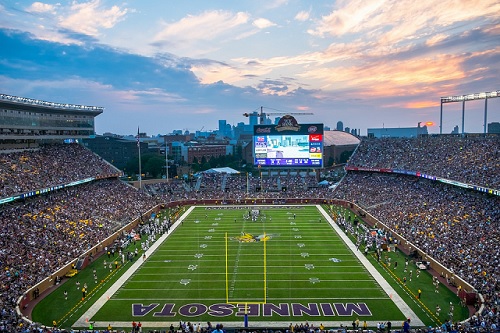
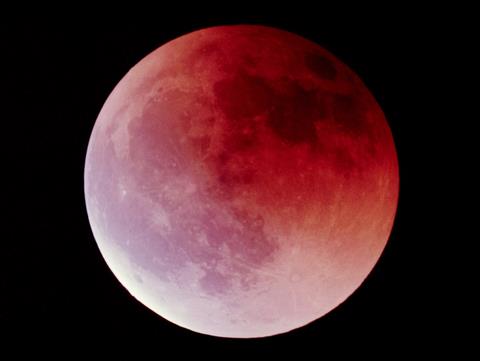
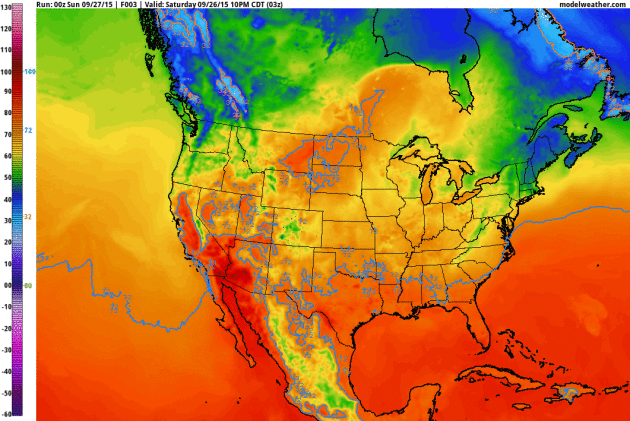

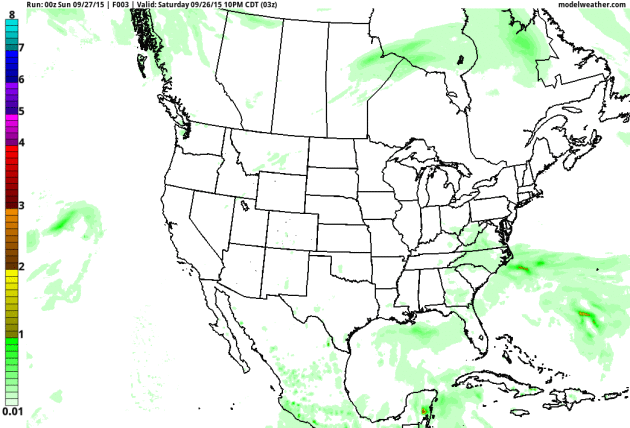
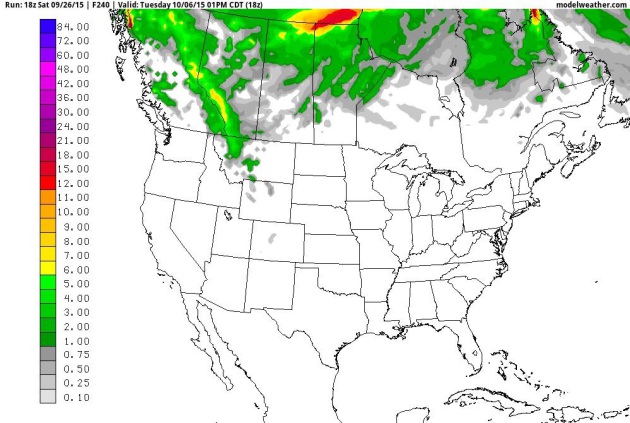
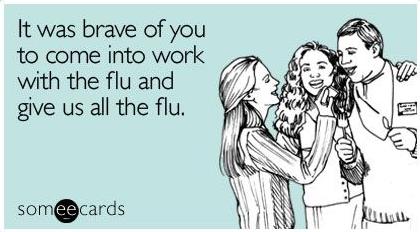
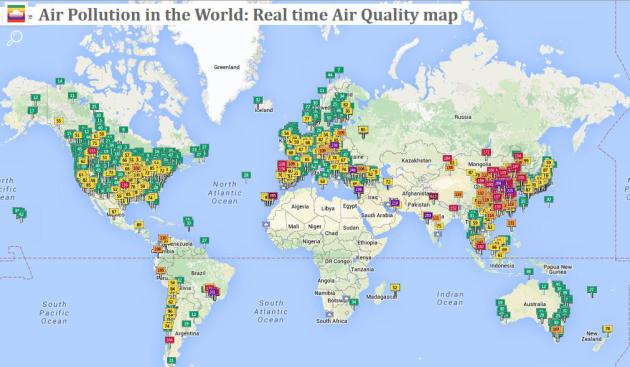
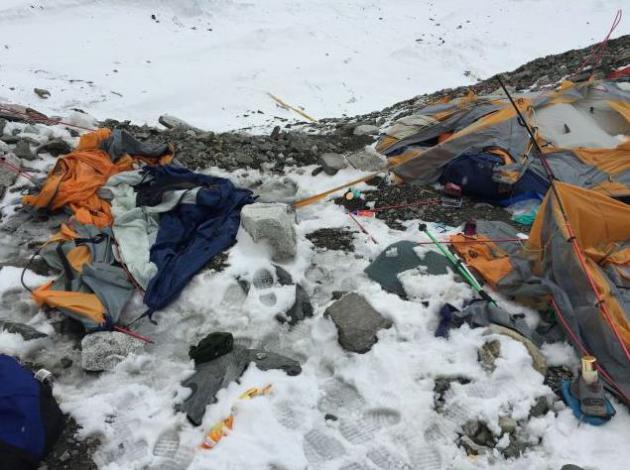
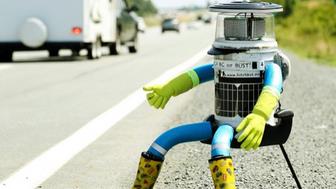
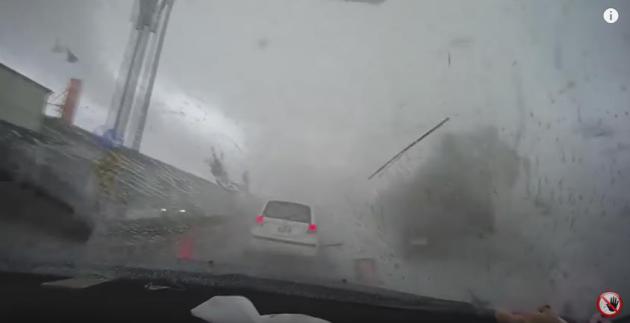

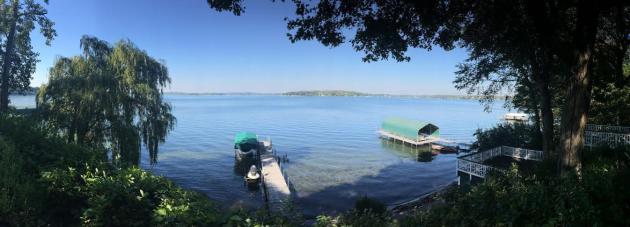
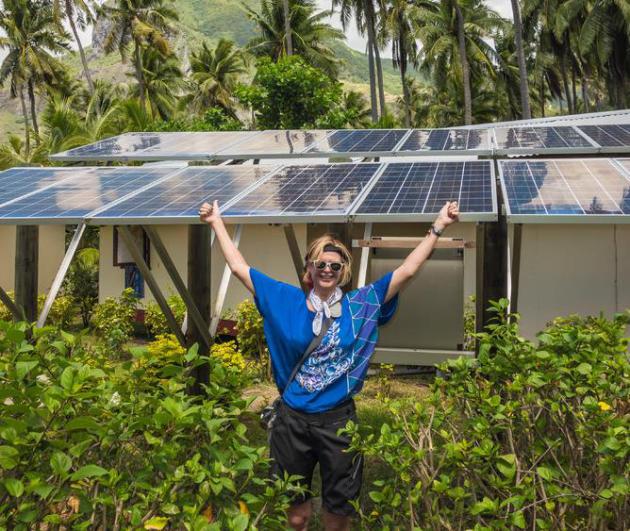
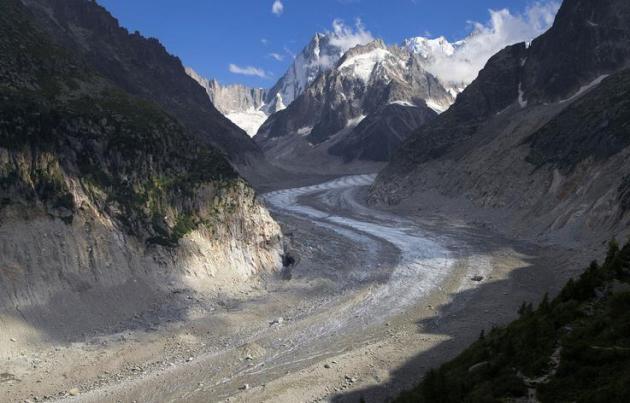
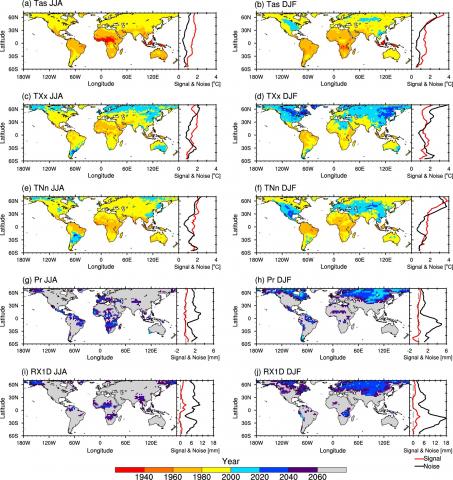
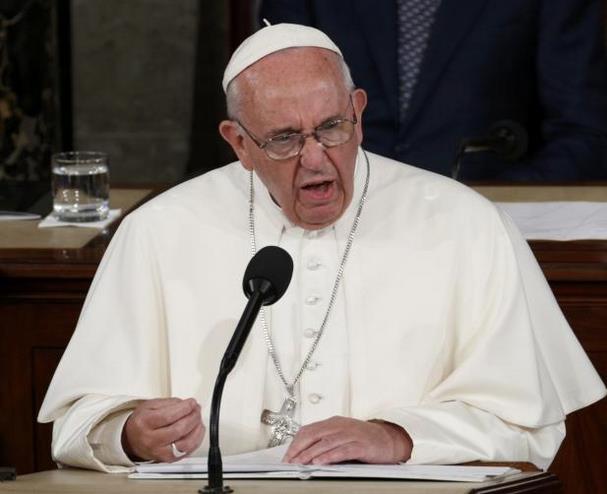
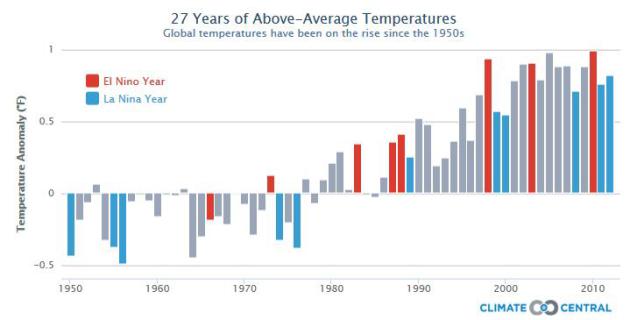
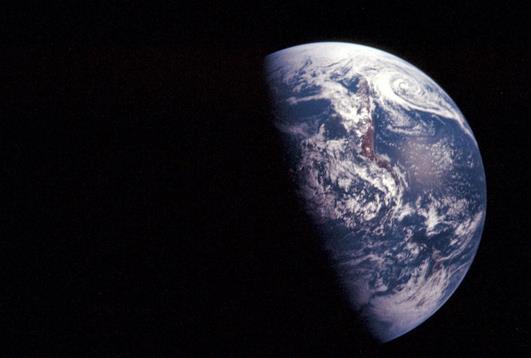

No comments:
Post a Comment